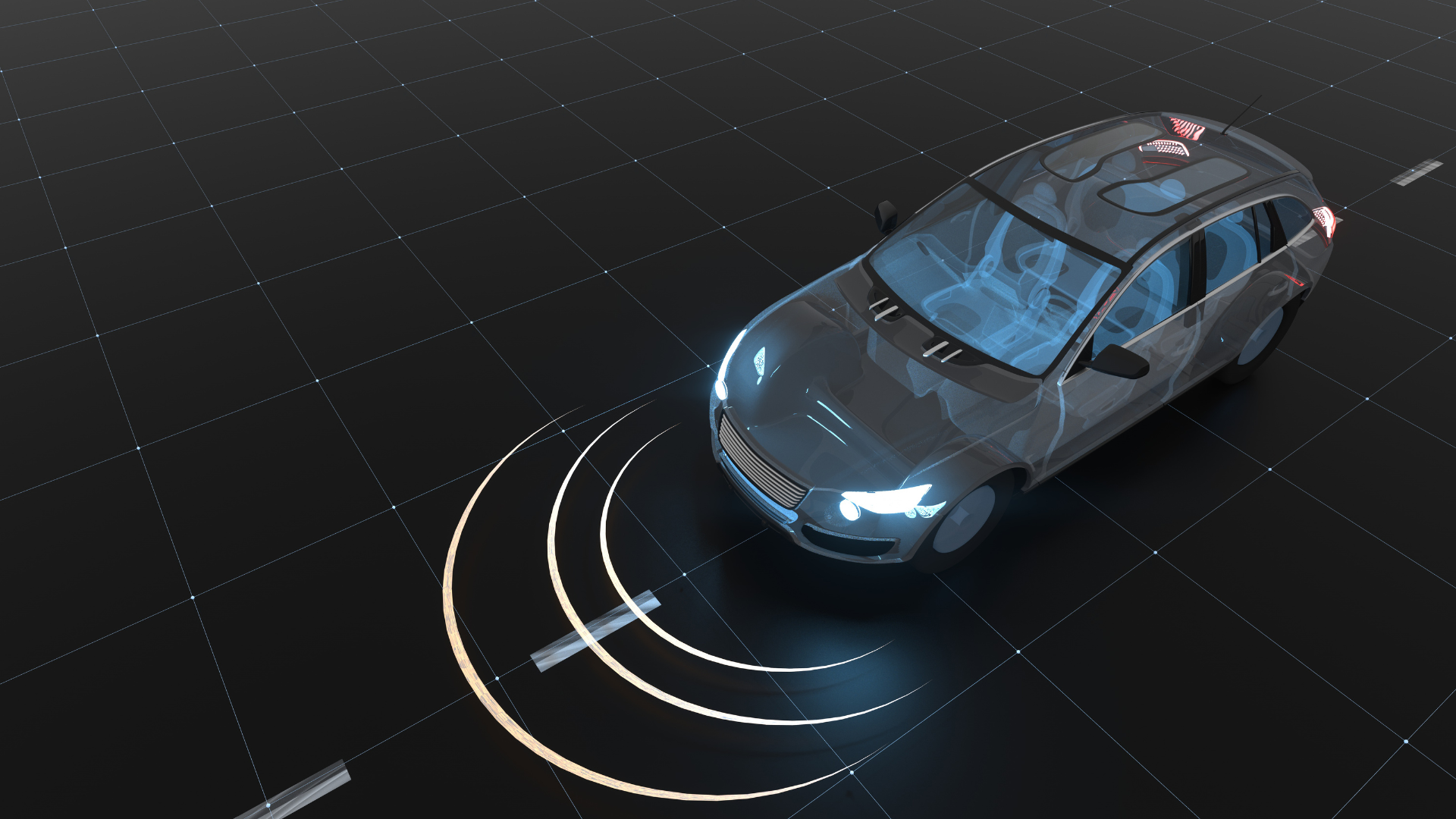The Highway Code was updated on 1 July 2022, bringing into force various new rules including on the use of self-driving vehicles. The main change was that while such a vehicle is driving itself in a valid situation, the human at the wheel is not responsible for how it drives.
A full regulatory framework to support the widespread deployment of self-driving vehicle technology is not expected until 2025. So far, the main relevant legislation is the Automated and Electric Vehicles Act 2018 (AEVA). Under this, a vehicle can drive itself if it is safe to do so in at least some circumstances. Insurers are liable for damage caused by the self-driving cars they cover, though liability may be excluded or limited if unauthorised software alterations have been made, if safety critical software updates have not been installed or if the accident was wholly due to the person in charge of the vehicle allowing the vehicle to begin driving itself when it was not appropriate to do so.
The Law Commission has warned that AEVA does not cover uninsured self-driving cars. The Motor Insurers' Bureau agreements cannot apply without an untraced or uninsured 'driver' and AEVA excludes claims against an insurer where there is no policy in place. This represents a significant challenge to anyone injured by a self-driving car that is uninsured or when one of the above problems is manifest.
Insurers will also look to pass on the liability for accidents caused by automated vehicles under AEVA and recover sums from vehicle manufacturers under existing product liability laws. However, cases on product defects specific to autonomous vehicle technology has not been tested in the courts. At present, self-driving vehicles continue to be vulnerable to the same types of claims that non-autonomous vehicles are, such as mechanical, design or electric defects. For the most part, this would rely on the Consumer Protection Act 1987 (CPA).
Some underdeveloped areas of the law may create problems in the context of self-driving cars. First, software updates may not be covered by the definition of 'products' under the CPA. Furthermore, defective products are ones where they are not as safe as people generally are entitled to expect. This may be an issue for customers using a technology in relative infancy as they may have unrealistic expectations of what it is capable of. Moreover, the CPA defence against liability where the state of the scientific and technical knowledge is not such that the manufacturer might be expected to have discovered the defect could cause problems if accidents are the result of vehicle software being hacked. Also, there is likely to be debate around whether the driver should have resumed control of the vehicle within a reasonable amount of time and averted a collision. Finally, CPA prevents a claim being made after the first 10 years of a product's lifespan which creates a problem for cars that are used for longer than that.
The decision rests with the Secretary of State for Transport to determine which self-driving vehicles can safely and lawfully drive themselves. At present, there are no self-driving vehicles listed for use in the UK. However, the next step towards vehicle automation has been reached. Automated Lane Keeping System (ALKS) enables vehicles to drive themselves by adapting speed to that of the surrounding traffic. The United Nations Economic Commission for Europe Automated Lane Keeping Regulation 2020 initiated the process for allowing vehicles fitted with ALKS technology to come to market. In April 2021, the UK government announced that it expected vehicles compliant with the ALKS Regulation to meet the criteria for listing as automated under AEVA. This has not yet occurred - despite the technology being present in some of the latest Mercedes.
Clear labelling is required to avoid consumer confusion. Driver assistance technology such as adaptive cruise control, parking assistance and blind spot warnings in common in most new cars. However, none of these make vehicles 'self-driving'. Even ALKS is not fully automated as it relies on the driver to take back control in certain situations. Indeed, in their joint 2022 report, the Law Commission and the Scottish Law Commission criticised car makers who market self-driving features when they are in fact merely assistive technologies. Tesla's Autopilot system, which requires that drivers keep their hands on the wheel and eyes on the road, but have been proven to be easily tricked into thinking there's someone in the driver sea, with Tesla drivers caught sleeping in the passenger or rear seats of their moving cars.
It is important that the right legal framework is in place as the law is failing to keep up with technology. Legislative sloth threatens to undermine protections for those who purchase self-driving vehicles as well as those unfortunate enough to be injured by them.
The UK government's Centre for Connected and Autonomous Vehicles and the International Vehicle Standards team at the Department for Transport have asked the Law Commission to clarify the current legal status of driverless technology and to consider whether reforms are needed. The Law Commission has asked for responses by 2 September 2022 and proposes to publish its advice to the government in early 2023.
The House of Commons Transport Committee has also launched an inquiry to investigate the development and deployment of self-driving vehicles. It invites interested parties to submit evidence by 22 August 2022.
ACSO will be responding to both and so we would welcome any views.
